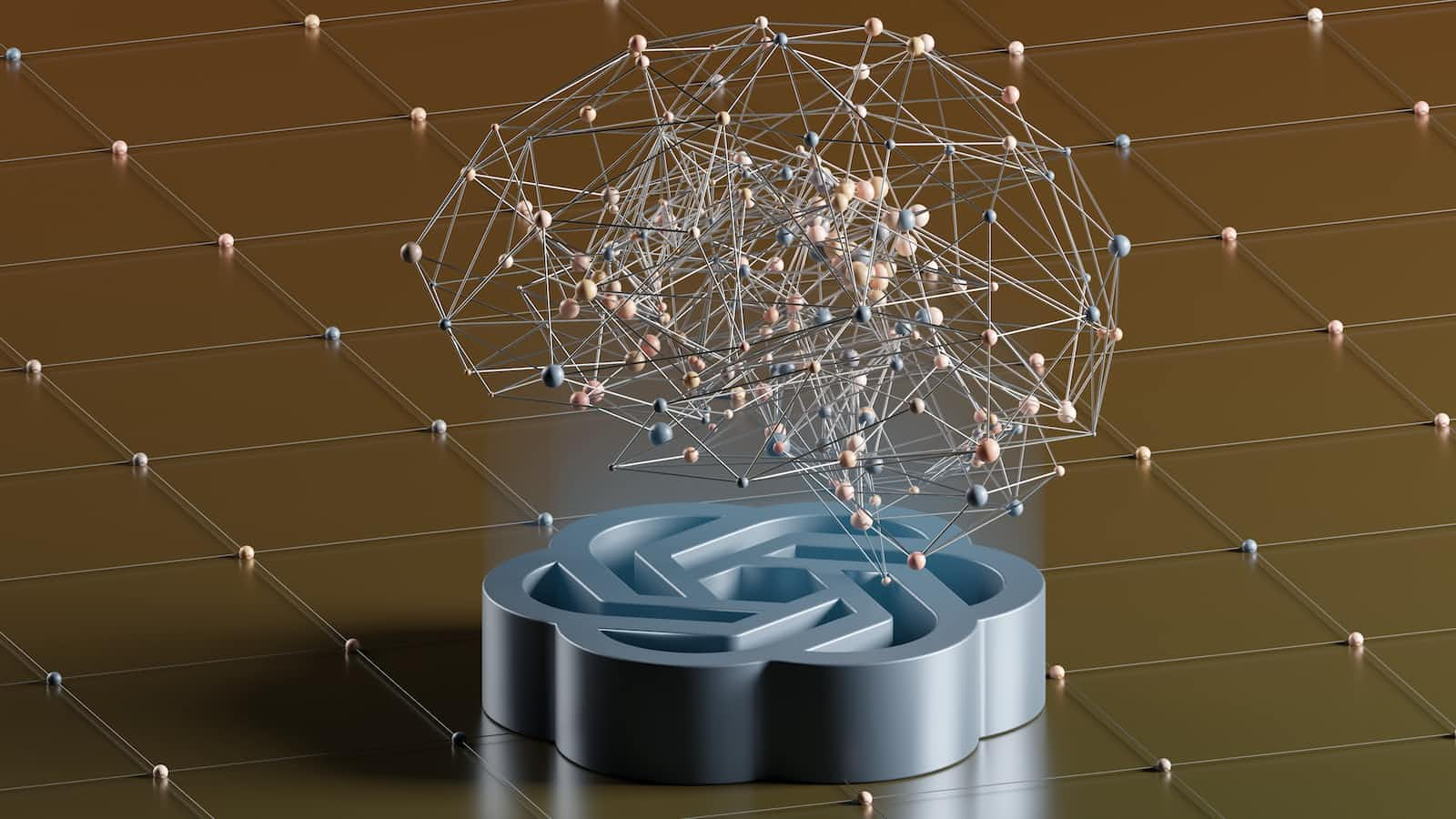Balancing AI Progress and Privacy: The ChatGPT Conundrum

In a world where artificial intelligence is no longer just a sci-fi fantasy, ChatGPT stands out as a revolutionary advancement. Developed by OpenAI, this conversational AI has rapidly become a household name, changing how we interact with technology. Its ability to learn from user interactions has been pivotal to its growth, making it more than just a tool—it's a learning, evolving entity.
The Role of Data in ChatGPT's Evolution
The secret sauce of ChatGPT's impressive capabilities lies in the data it consumes. Each query, conversation, and interaction you have with ChatGPT feeds into its ever-growing knowledge base, allowing it to learn, adapt, and become more sophisticated. This continuous learning process is what makes ChatGPT increasingly reliable and intelligent.
Privacy: A Core Concern
However, with great power comes great responsibility. The very data that empowers ChatGPT's growth can also be a source of privacy concerns. When we interact with ChatGPT, we often share personal, sensitive, or proprietary information. This could range from casual conversations to intellectual property discussions or even sensitive medical queries. The risk? This data could inadvertently become part of the AI's learning process, potentially surfacing in other users' interactions.
The Power of Choice: Opting Out
Recognizing the importance of user privacy, OpenAI has provided an opt-out feature for those concerned about their data privacy. By visiting privacy.openai.com and completing a simple form, users can prevent their data from being used to train future versions of the model. It's a critical step towards empowering users to control their digital footprint.
Seeking a Middle Ground
While opting out safeguards privacy, it also means withholding valuable data that could contribute to ChatGPT's evolution. Is there a middle ground? Ideally, users would have the option to selectively share conversations with ChatGPT. Imagine a feature where, at the end of an interaction, you could choose whether to contribute that conversation to ChatGPT’s training data.
The Trust Factor in Automation
But even with such a feature, questions about trust and reliability arise. Can we depend on an automated system to accurately identify and exclude sensitive material? While AI advancements are impressive, they are not infallible. There's always a risk of accidental inclusion of private data, raising legitimate concerns about whether such systems can be entirely trusted.
A Call for Considered Action
In summary, ChatGPT's growth is heavily reliant on user data, but this raises significant privacy concerns. The opt-out feature is a crucial step towards addressing these concerns, yet it also hinders the potential growth of the AI. As we navigate this complex landscape, it's important for users to be aware of their choices and the implications of these choices. If privacy is your priority, consider submitting a privacy exclusion request.
Looking Ahead
As ChatGPT continues to evolve, so too will the mechanisms for protecting user privacy. We're at the cusp of a new era in AI, where balancing technological advancement with ethical considerations is more important than ever. Stay informed, stay involved, and most importantly, make choices that align with your comfort level regarding privacy and data sharing.

Peter Membrey is a Chartered Fellow of the British Computer Society, a Chartered IT Professional and a Chartered Engineer. He has a doctorate in engineering and a masters degree in IT specialising in Information Security. He's co-authored over a dozen books and a number of research papers on a variety of topics. These days he is focusing his efforts on creating a more private Internet, raising awareness of STEM and helping people to reach their potential in the field.